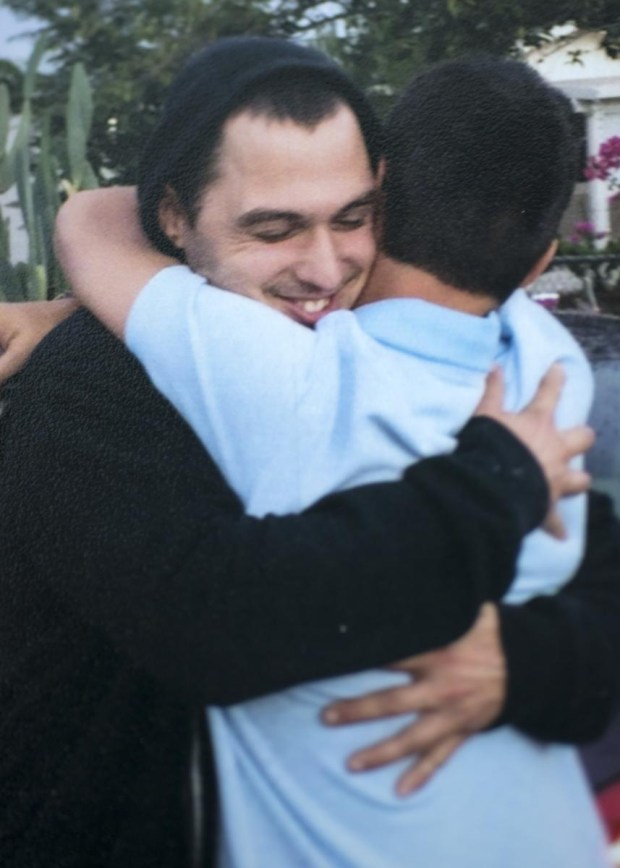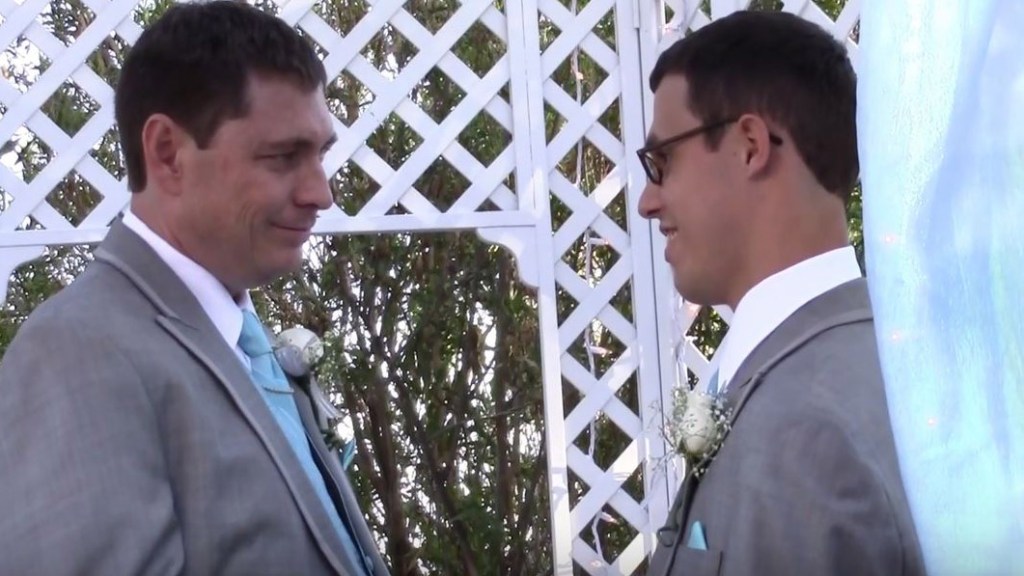The judge had so much to weigh, it seemed.
Declarations from the psychiatrist and therapist saying no, not yet: Ryan Morris is still vulnerable, adjusting to a new home with his biological family for the first time in his life, away from his adoptive mom (who stands accused of involuntary manslaughter, cruelty to children and dependent adults, and lewd/lascivious conduct) and his husband (who threatened to send him to the psych ward and/or end their marriage when Morris “misbehaved”). Morris shouldn’t visit with such folks just now, the health professionals said.
Then there was the petition from Morris’s husband: He hasn’t been allowed to see Morris since the bio family took over guardianship in May, and asked the court to step in and order regular visits between them.
And finally, there was the request from Morris himself. At age 29, he has the intellectual capacity of a kindergartener. He wasn’t in the courtroom, but he would, indeed, like to see his husband, Morris’ attorney told the judge.
In a highly unusual and contentious case that has raged for years — raising profoundly uncomfortable questions about the hard-won right for disabled people to marry and have sex lives, just like everyone else, and their right to be protected from abuse and undue influence — a Riverside County judge on Wednesday, Aug. 30 said that there was really no choice to make at all.
The law, especially in the wake of the Britney Spears conservatorship debacle, requires the court to honor Morris’ wishes.
“The right to control his social and sexual contacts and relationships are his and his alone,” Judge Jacqueline Jackson told Morris’ biological aunt and new legal conservator, Monica Mukai of San Juan Capistrano, who beseeched the judge to hold off on visits for now.
“Only Ryan holds consent. It’s not a joint right, not given to you, you do not share that right. Only Ryan has that right, under the orders that I’m holding,” the judge said.
 here
here







